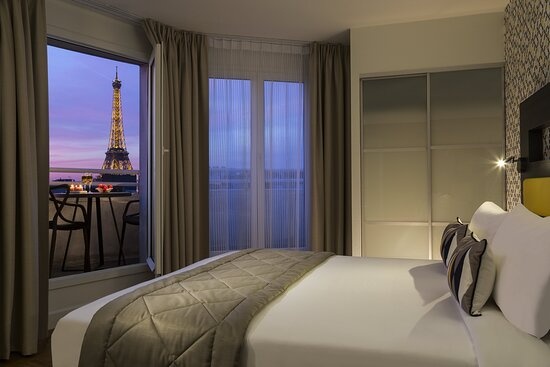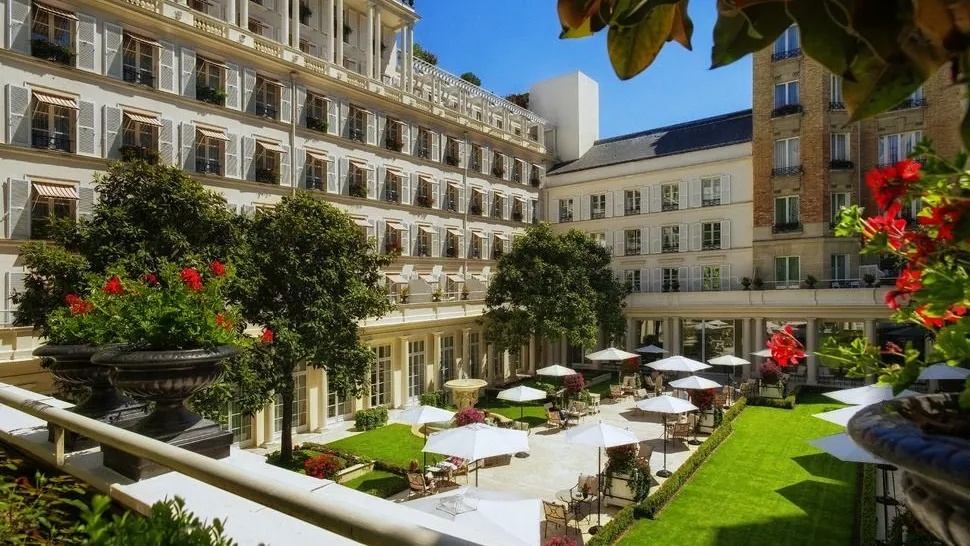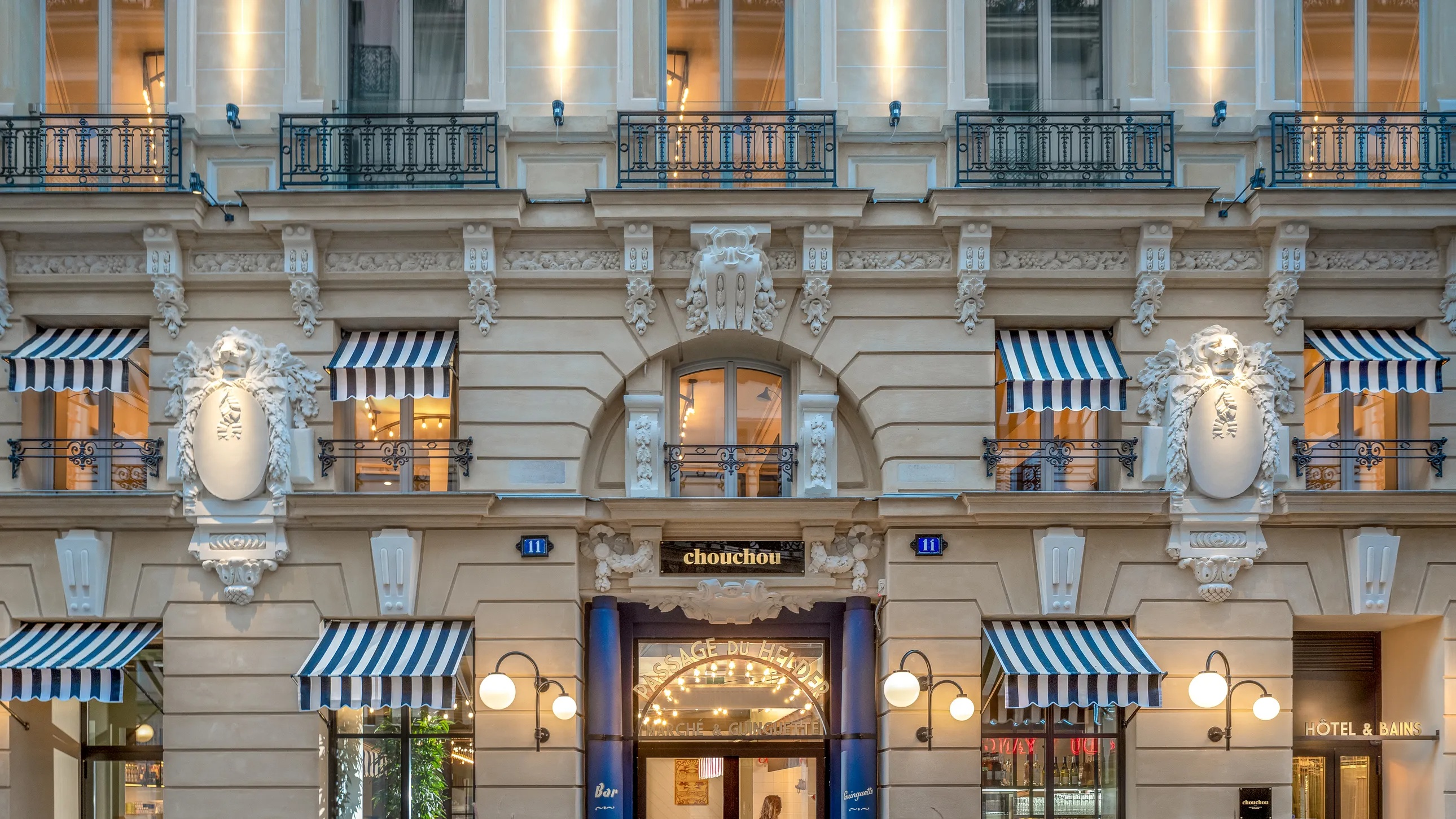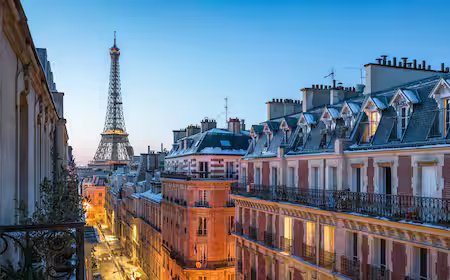A Comprehensive Explanation of Paris Hotels: Basics, Knowledge, and Helpful Advice
Hotels in Paris are establishments that offer lodging, meals, and services to travelers—from tourists to business visitors. They exist to provide safe, comfortable, and convenient stays in one of the world’s most visited cities. A hotel’s worth isn't just in its rooms, but in how well it supports visitors exploring culture, cuisine, history, and business across the City of Light.
Paris hotels matter because they serve millions of national and international visitors each year, contributing significantly to tourism, employment, and local economies. They affect travelers seeking everything from affordable stays to luxurious experiences, addressing problems like accommodation shortages, quality inconsistency, or lack of amenities. When hotels work well, trips become more enjoyable, stays seamless, and perceptions of the city positively shaped.
Recent updates, trends, or news from the past year
Paris’s hotel scene continues to evolve rapidly, marked by notable new openings and luxury innovations.
-
A wave of fresh hotels began opening throughout 2025, including Belinda Hotel & Spa, Tribe Paris Pantin, Hampton by Hilton CDG, Villa SoPi, Lyf Gambetta, La Fondation, Sax Paris, and Hotel Noucha.
-
Luxury fashion and hospitality are blurring—brands like Bulgari and Cheval Blanc are expanding into lodging, blending design, dining, and storytelling.
-
Mid-range options such as Hôtel Dame des Arts and Hôtel des Grands Voyageurs deliver modern amenities and artistic flair, offering new choices to travelers who want something stylish but not overly costly.
-
In luxury travel, fashion-hospitality collaborations are accelerating. Groups like LVMH and Gucci are investing in immersive hotel experiences, while established chains like Peninsula and Four Seasons continue to expand wellness and experiential offerings.
Laws, policies, and regulations affecting Paris hotels
Several regulations shape how hotels operate in France and Paris:
Hotel classification and standards
-
French hotels are classified into 1- to 5-star categories by the national tourism authority.
-
Since 2022, the classification system now mandates stricter environmental criteria, with eco-requirements expanding from just a few to more than a dozen.
Tourism Code and accommodation rules
-
The French Tourism Code governs hotel operations, classifications, tourist rights, and tax frameworks.
-
Under French Civil Code Article 1590, hoteliers may keep deposits if guests cancel. If a hotel is overbooked before 7 pm, it must find equivalent accommodation; coverage after that hour is no longer mandatory.
Short-term rental and environmental rules
-
Starting in 2025, all short-term vacation rentals must be registered by May 20, 2026, through a national system. Municipalities have stronger powers to enforce environmental and zoning standards.
-
A new climate law requires eco-labeling for tourist establishments by 2026, ensuring transparency in sustainability practices.
Child-friendly hospitality debate
-
France is currently considering banning adult-only hotels and resorts, viewing them as exclusionary and misaligned with family-friendly tourism.
Smoking regulations
-
The Loi Évin requires hotels to prohibit smoking indoors and clearly post notices about restrictions. Smoking areas cannot be created indoors.
Hotel-business operational laws
-
Running a hotel in France requires compliance with real estate, lease, employment, environmental, and corporate laws. Lease structures, classification criteria, and licensing rules are part of this framework.
Tools and Resources
Here are useful tools and services to help travelers, owners, and researchers:
-
Online hotel booking platforms allow comparison of rates, amenities, and reviews.
-
The official classification directory lists hotels by star rating and service level.
-
France’s national rental registration service helps homeowners register listings as required by 2026.
-
Calculator tools for cancellation policies help guests and hoteliers understand deposit rules.
-
Environmental label registries, once fully active, will let tourists review eco-certified hotel listings.
-
National tourism websites provide guidance on standards, rights, and classification rules.
-
Hotel-opening trackers update travelers on newly launched accommodations in Paris.
-
Design and trend publications analyze shifts in global and Parisian hospitality styles.
Frequently Asked Questions
What types of hotel classifications exist in Paris?
Hotels are rated from 1 to 5 stars, with “Palace” status reserved for the highest-service five-star hotels.
How are deposits and cancellations handled under French law?
Hotels may retain a deposit if guests cancel. If no room is available and it's before 7 pm, the hotel must secure equivalent lodging; this obligation ends after 7 pm.
Do I need to register my Paris rental if I use platforms like Airbnb?
Yes. Starting in 2025, short-term rentals must be registered through a national system by May 2026.
Are hotels required to meet environmental standards?
Yes. France’s climate legislation mandates eco-labeling, and hotels must comply with stricter environmental criteria by 2026.
Are adult-only hotels illegal in France?
Not yet. France is currently debating a ban on adult-only establishments, aiming to promote family-inclusive hospitality.
New Hotel Openings in 2025 (Examples)
| Hotel Name | Opened | Key Features |
|---|---|---|
| Belinda Hotel & Spa | July 2025 | 4-star, indoor pool, spa, 16th arrondissement |
| Tribe Paris Pantin | June 2025 | Stylish suburb hotel, gym, Italian restaurant |
| Hampton by Hilton CDG | June 2025 | Near airport, shuttle, fitness, EV charging |
| Villa SoPi | May 2025 | Apartment hotel with full kitchen, South Pigalle |
| Sax Paris, LXR Resort | April 2025 | Rooftop terrace, pool, 7th district views |
| La Fondation | April 2025 | Luxury 5-star, spa, multiple restaurants |
| Hotel Madame Drouot & Spa | February 2025 | Near Palais Garnier, wellness area |
| Mandarin Oriental Lutetia | April 2025 | Rebranded from the iconic Lutetia hotel |
Conclusion
Paris hotels are more than just places to sleep—they are central to shaping travel experiences, supporting local economies, and representing French culture. The wave of openings in 2025 reflects a surge in stylish, diverse, and luxury accommodations. Strong government regulations ensure standards in classification, environmental responsibility, guest rights, and inclusivity. Whether you're a traveler, host, or policymaker, understanding how these elements interconnect is essential to navigating and appreciating Paris’s dynamic hospitality landscape.




